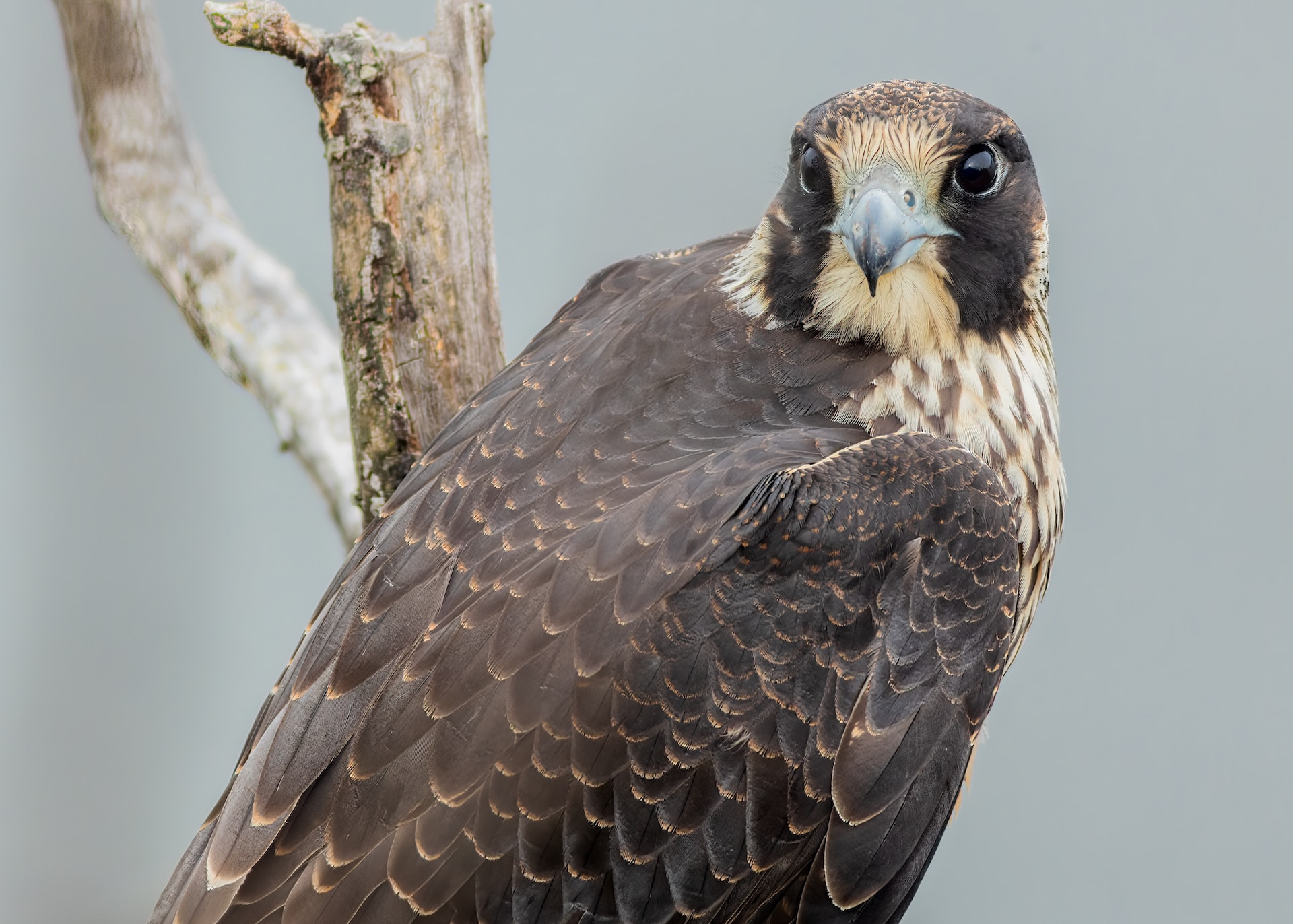
Peregrine Falcons are widely recognized as one of the most powerful and striking bird species on the planet. These magnificent creatures have long played an important role in balancing ecosystems across the globe, demonstrating their value as apex predators and serving as a crucial part of the natural world.
At the heart of their role in ecosystems, peregrine falcons play a critical role in regulating populations of smaller birds and other prey animals. They are renowned for their incredible speed and agility, which allows them to catch prey both in flight and on the ground with ease. This predatory power is especially important in maintaining the balance of prey populations, as it helps to prevent overpopulation of certain species that could cause harm to natural ecosystems.
Beyond their contribution to predator-prey dynamics, peregrine falcons are also a keystone species in many ecosystems. This means that their presence and activities are essential to maintaining the overall balance and health of the ecosystem. For example, the wide-ranging hunting territory of peregrine falcons can contribute to the dispersal of seeds and the diversification of plant communities. Additionally, their nesting sites can act as important habitat for other species, and their presence can directly influence the behavior and distribution of other birds and mammals in their area.
Finally, peregrine falcons also play an important role in scientific research and conservation efforts. Their status as top predators and widely-distributed species make them ideal subjects for studies of ecosystem dynamics and environmental health. Additionally, conservation groups have worked to reintroduce peregrine falcon populations to areas where they have been lost due to habitat destruction and other threats. These efforts have been successful in many cases and have helped to support the endangered species’ long-term recovery.
Despite the many benefits of peregrine falcons in ecosystems, these magnificent birds continue to face threats from human activities. Habitat destruction, pollution, and hunting are just a few of the dangers that peregrine falcons face in many areas. As such, it is important that we work to protect and conserve these birds and their habitats for the sake of their critical role in ecosystems worldwide.
In conclusion, peregrine falcons play a vital role in balancing ecosystems as top predators and keystone species. Their powerful hunting instincts, wide-ranging territories, and significant ecological impact demonstrate why they are a vital part of the natural world. As such, we must work to protect and conserve these birds, and the ecosystems that they inhabit, to ensure a healthy, balanced planet for future generations.
Comments
Post a Comment